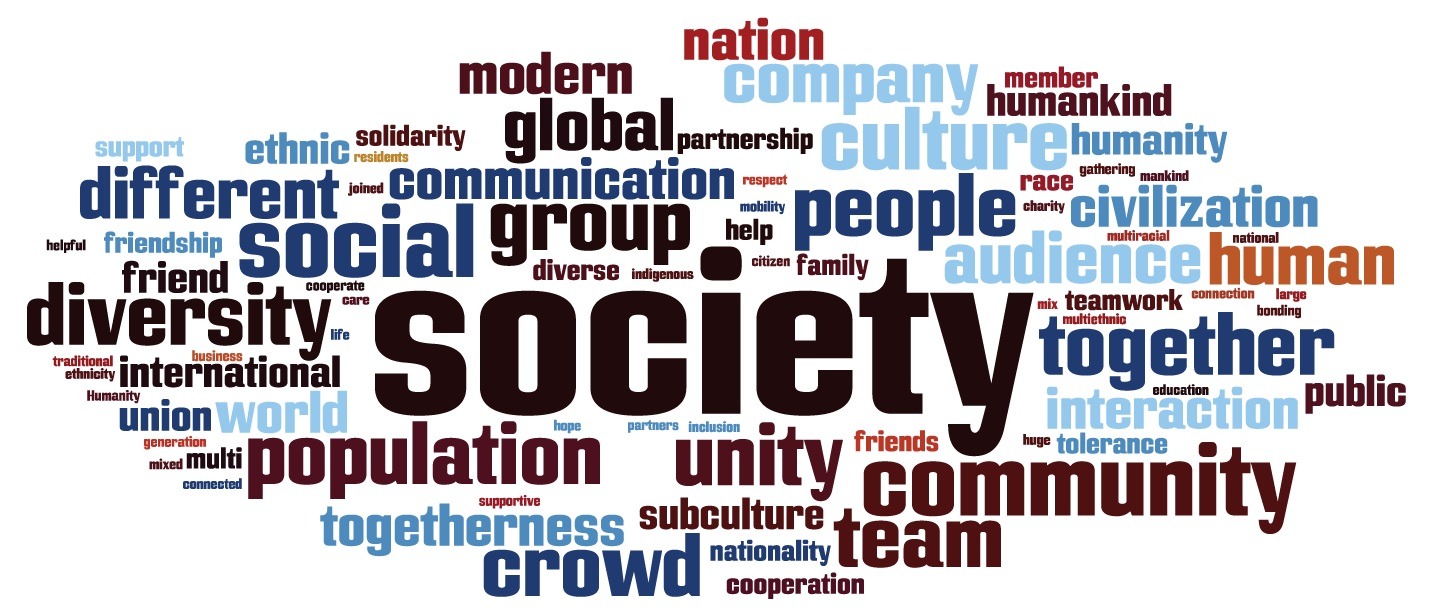Myanmar’s Peng Jiasheng: Warlord, drug trafficker, king of Kokang

By Gaspar Ruiz-Canela
Bangkok, Apr 5 (EFE).- Myanmar’s ruling military junta and the pro-democracy opposition are bitter rivals with almost nothing in common, but they both agreed to honor the memory of Peng Jiasheng, a charismatic warlord and drug trafficker who wielded great power in the northeastern regions along the country’s border with China.
Peng, who died on February 16 aged 94, was buried last week at a lavish funeral that lasted several days and brought together thousands of people.
FROM COMMUNISM TO DRUG LORD
Founder of the Myanmar National Democratic Alliance Army (MNDAA), based in the Kokang region, located in the northern part of Shan state, Peng fought alongside the Communist Party of Burma until it dissolved in 1989, and then alternated between fighting and forging alliances with the Myanmar army.
The Kokang area’s population is predominantly Han, an ethnic minority group who speak Mandarin and have close ties to China.
The funeral held in Mong La, in the Shan state, was observed by Myanmar soldiers and representatives of influential rebel groups from the Wa, Rakhine, Palaung, Kachin and Shan minorities, as well as civilian militias which grouped following the military coup in February 2021.
“The funeral really indicated how influential Peng had been in the past,” analyst and expert on Myanmar David Scott Mathieson tells Efe.
The ruling military, which overthrew the elected government of Aung San Suu Kyi and which continues to clash with the MNDAA, was represented by General Myint Tun, according to the Irrawaddy news website.
Delegates of Myanmar’s National Unity Government (NUG), which was created in exile after lawmakers and activists were ousted after the 2021 coup, also attended the event.
NUG’s foreign minister Zin Mar Aung honored Peng Jiasheng with a tweet that she later deleted.
“With someone so intertwined in the history of Myanmar’s long conflicts and narcotics trade it is impossible to isolate Peng Jiasheng as either an ethnic revolutionary or a drug dealer,” says Mathieson who describes the Kokang leader as a “survivor.”
In the 1970s Peng joined the Kokang Revolutionary Force and then fought alongside dissident communists until he founded the MNDAA in 1989. The warlord went on to broker a ceasefire with the Burmese government.
Guerrillas have profited from opium production, heroin trafficking and gambling under the leadership of Peng, who struck an alliance with drug trafficker and business tycoon Lo Hsing Han.
In the 2000s, the Kokang warlord distanced himself from drug trafficking, but in 2009 guerrillas and the army resumed fighting and Peng was ousted and forced to flee after a revolt led by a former Kokang ally.
In 2015, Peng and his followers launched a battle to reclaim lost territory, a conflict that continues to this day.
BURMESE LABYRINTH
“His life is one of those which must be studied in order to understand the labyrinthine contortions of an area in which diverse ethnicity, Bamar state repression, narcotics, poverty and great power influence collide to fuel durable disorder and functional chaos,” adds Mathieson.
Myanmar’s northeast has become one of the largest heroin and methamphetamine trafficking hubs in Asia.
Mathieson says the pro-democracy movement led by the NUG has to prioritize its fight against the military junta before taking on the illegal drugs trade that has soared since the 2021 coup.





